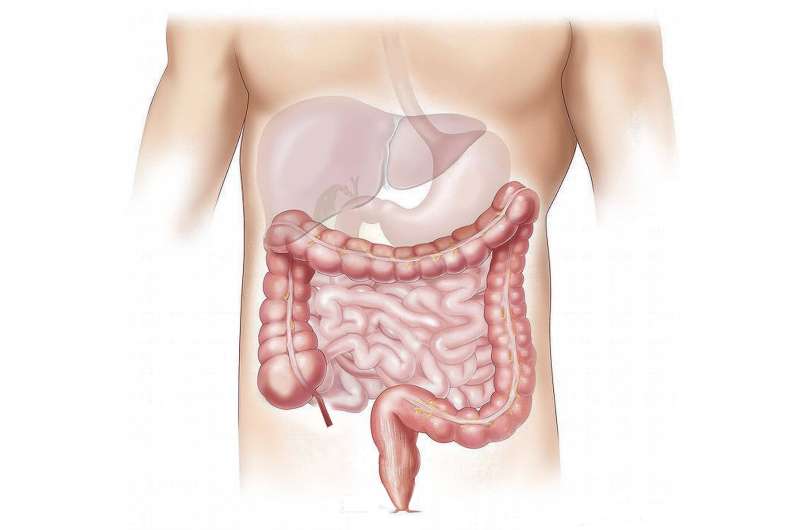Adopting a Healthy Lifestyle Significantly Reduces Diverticulitis Risk Regardless of Genetics

A large-scale study shows that a healthy lifestyle significantly reduces the risk of diverticulitis, regardless of genetic predisposition. Key factors include diet, exercise, smoking avoidance, and weight management.
A comprehensive long-term study published in the journal Gut reveals that maintaining a healthy lifestyle can markedly lower the risk of developing diverticulitis, a common gastrointestinal condition characterized by inflamed or infected pouches in the colon wall. The research indicates that lifestyle choices—including a diet high in fiber but low in red and processed meats, regular physical activity, avoiding smoking, and maintaining a healthy weight—play a crucial role in preventing diverticulitis.
The study analyzed data from over 179,000 participants across multiple cohorts, including the Nurses' Health Study and the Health Professionals Follow-Up Study. A scoring system was developed based on five key lifestyle factors: smoking status, body mass index (BMI), physical activity levels, fiber intake, and red/processed meat consumption. Each factor independently contributed to diverticulitis risk, with healthier behaviors associated with reduced incidence.
Over a 20-year follow-up, more than 10,000 new cases of diverticulitis were documented. Results showed that individuals who adhered to healthier lifestyles—especially those with higher lifestyle scores—had significantly lower risks. For example, each point increase in the lifestyle score corresponded to a 12% reduction in risk, with participants scoring 5 being about half as likely to develop diverticulitis compared to those with a score of 0.
Genetic predisposition was assessed using a polygenic risk score (PRS), which was found to be associated with a heightened risk of diverticulitis. However, the study highlighted that a healthy lifestyle could offset genetic risk and significantly decrease the likelihood of disease development even among those genetically predisposed. Participants with high genetic risk and healthy lifestyles exhibited a 37% to 50% lower risk than their counterparts with less healthy behaviors.
These findings underscore the importance of lifestyle modifications for diverticulitis prevention and suggest that even individuals with genetic susceptibility can benefit from healthier habits. The research involved diverse populations and was validated in an additional cohort, enhancing the robustness of the conclusions. Nonetheless, the authors note that as an observational study, causality cannot be definitively established.
In conclusion, adopting healthier lifestyle habits—such as a high-fiber diet, avoiding smoking, maintaining a healthy weight, and staying physically active—can play a significant role in reducing the risk of diverticulitis, regardless of genetic factors. This emphasizes the powerful impact of lifestyle choices on gastrointestinal health.
Stay Updated with Mia's Feed
Get the latest health & wellness insights delivered straight to your inbox.
Related Articles
The Long History and Modern Pursuit of Youth Through Cosmetic Surgery
Explore the centuries-old quest for eternal youth and how modern cosmetic surgery, driven by celebrity culture and social media, transforms this desire into a lucrative industry for the wealthy, raising questions about societal values and aging acceptance.
Healthy Lifestyle Adherence Extends Survival in Prostate Cancer Survivors, Study Finds
Following the American Cancer Society's guidelines on nutrition and physical activity can significantly improve survival rates for prostate cancer survivors by reducing overall and cardiovascular mortality risks.
The Importance of Play in Early Childhood Development
Discover how engaging, open-ended play supports cognitive, emotional, social, and physical development in young children and how caregivers can enhance these learning experiences.
Connecting with Nature May Improve Management of Chronic Back Pain, New Study Finds
Spending time in natural settings can aid individuals with chronic lower back pain by providing distraction, relaxation, and social interaction, with innovations like virtual reality promoting accessibility.



